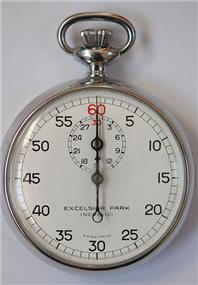Every so often my mind gets taken by an idea. Like the song you can’t get out of your head, something sticks and will not fade away.
The question that has been going round my head for quite a while now is “How much thyroid hormone does each cell of the body get?” Many of us are used to thinking about people needing, say, 150 mcg of levothyroxine a day. That does not say anything interesting or useful about individual cells – it is what we need to take by mouth.
So I have at last worked it out. I took a common estimate of the number of cells in the human body (100 trillion). An estimate of the amount of T3 produced by an “average” human being (30 mcg). And have assumed that each and every cell gets exactly the same number of molecules of T3.
Of course, there are a lot of other assumptions in there – such as T3 being the only thing that counts, that every molecule of T3 does indeed get used by a single cell. This is in adults. And so on. Given all that, the numbers come out something like this:
Number of cells in human body = 100,000,000,000,000
Number of molecules of T3 produced each day = 300,000,000,000,000,000
Molecules of T3 per cell = 3,000
Seconds in a day = 86,400
How often each cell gets a molecule of T3 = 29 seconds
Allowing a bit of a fudge-factor for imperfections in the system and my working out, I don’t think you’d be too far wrong to have a mental picture that says “On average, every cell gets one molecule of thyroid hormone (in the form of T3) every minute.”
Now is that useful? Well not as far as I can think! Might qualify as Quite Interesting?
The one area that it might help is considering why some people need much higher doses than others. You can immediately split the question in two:
Does the person’s cells need faster delivery of thyroid hormone (maybe every 20 seconds)? Or is the delivery from mouth (or thyroid!) to the inside of the cell less effective?
Somehow looking at it like this makes the issue simpler in my brain.
(If you think my numbers are wrong, don’t hesitate to challenge. I could so easily have made a mistake.)
Rod


